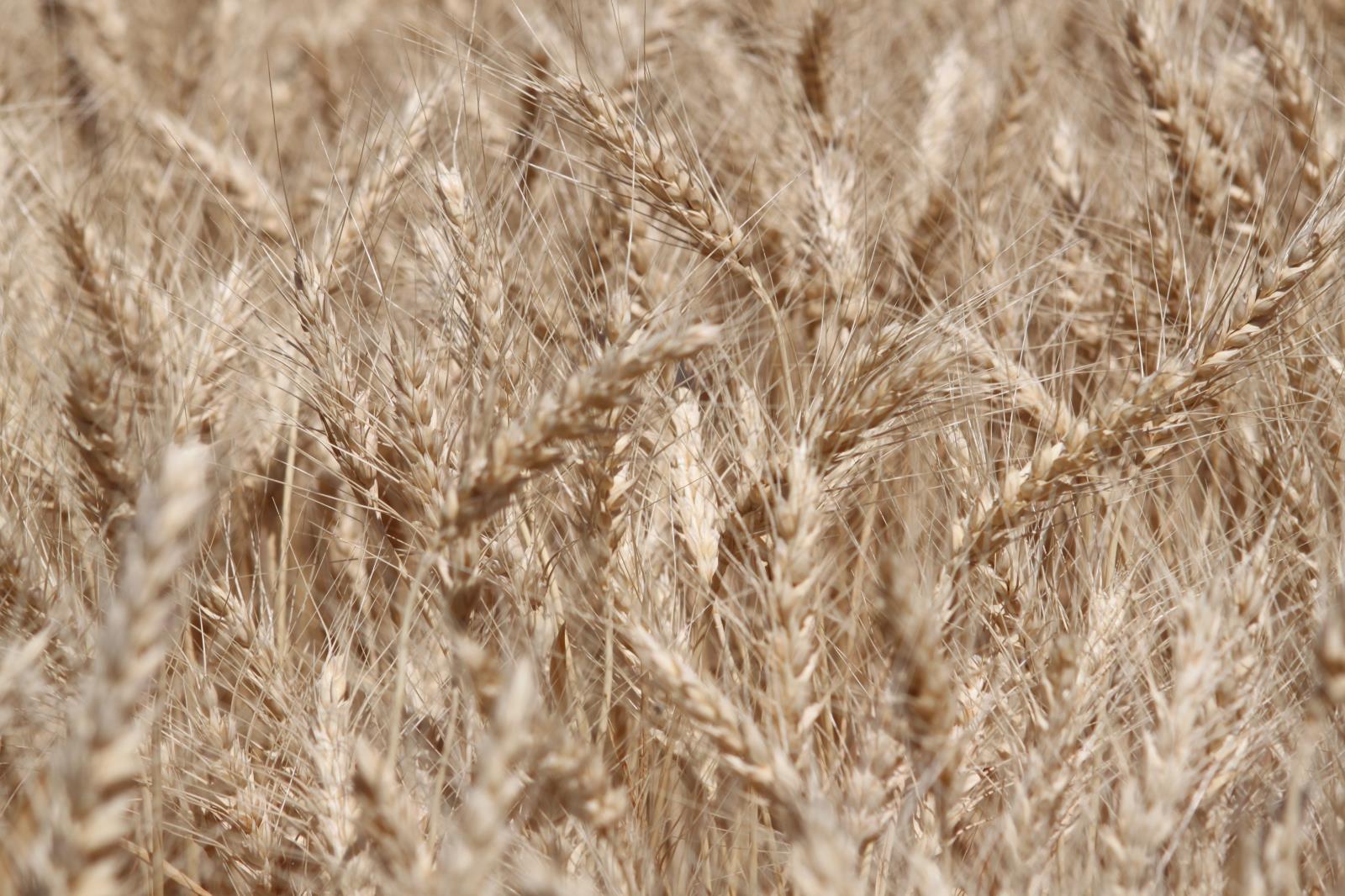Idaho growers encouraged by major Chinese wheat purchase

BOISE – The U.S. Department of Agriculture March 20 reported that Chinese buyers purchased 340,000 metric tons, or about 12.5 million bushels, of U.S. hard red winter (HRW) wheat for delivery in the 2020/21 marketing year. This is a significant purchase volume and the largest since China implemented retaliatory tariffs on U.S. wheat in March 2018.
“Farmers have supported the tough trade position around the world taken by President Trump, U.S. Trade Representative Robert Lighthizer and Gregg Doud (the Chief Agricultural Negotiator),” said Bill Flory, an Idaho Wheat commissioner from Winchester and the chairman of the Wheat Marketing Center. “Our old and new customers are realizing free trade goes both directions and benefits all parties directly. Not unexpected results!”
According to U.S. Wheat Associates, this purchase falls under China’s 9.64 million metric ton tariff rate quota (TRQ). China has agreed to work toward filling its TRQ for wheat imports. As USW noted, if the changes are in fact implemented, and Chinese millers can respond to market signals, most of the TRQ should be used. U.S. wheat farmers are in a good position to help fill the TRQ given current export prices, relatively low freight rates and the ready supply of the wheat classes China needs.
"USW appreciates the efforts of both the U.S. and Chinese governments to reach the Phase One trade agreement that has helped re-open the door to U.S. wheat imports by China,” said Vince Peterson, USW’s president. “We believe that China’s flour millers and growing baking industry want the opportunity to purchase high-quality U.S. wheat classes again and we hope this is only the beginning of a new, more productive trade relationship.”
The Idaho Wheat Commission was established in 1959 to develop export markets for Idaho wheat growers. The commission is a not-for-profit, self-governing and wheat grower-funded state agency with a responsibility to increase grower profits by investing check-off funds in market development, wheat research and grower education.
Still can't find what you are looking for? Find by topic:
- Achievement Award (YF&R)
- Actions Alerts
- Advocacy
- Ag Ambassadors
- American Farm Bureau
- American Farm Bureau Policy Book
- Archive Photos
- Articles
- Board of Directors
- Calendar - State/District
- Calendar - County
- Capitol Reflections
- Collegiate Chapters
- Committee Application Form
- Commodities
- Convention Annual
- County Presidents & Board Information
- County Resource Page
- Delegate Form
- Discount Programs
- Discussion Meet
- Discussion Meet - High School
- Education Programs
- Events
- Excellence Award (YF&R)
- Expense Voucher
- Flickr
- Gem State Producer
- High School Discussion Meet
- High School Speech Contest
- Hope in Idaho Ag
- House of Delegates Credentials Form
- IFBF Board of Directors
- IFBF Policy Book
- IFBF Staff
- Insurance
- Legislative Action Program
- Legislative Issues
- Library
- MAC Trailer
- Magazines
- Map My Benefits
- Member Benefits
- Member Discount
- Membership Application
- Mission Statement
- Moving Agriculture to the Classroom
- Newsletter Sign up
- News Releases
- News Room
- Open Range Law
